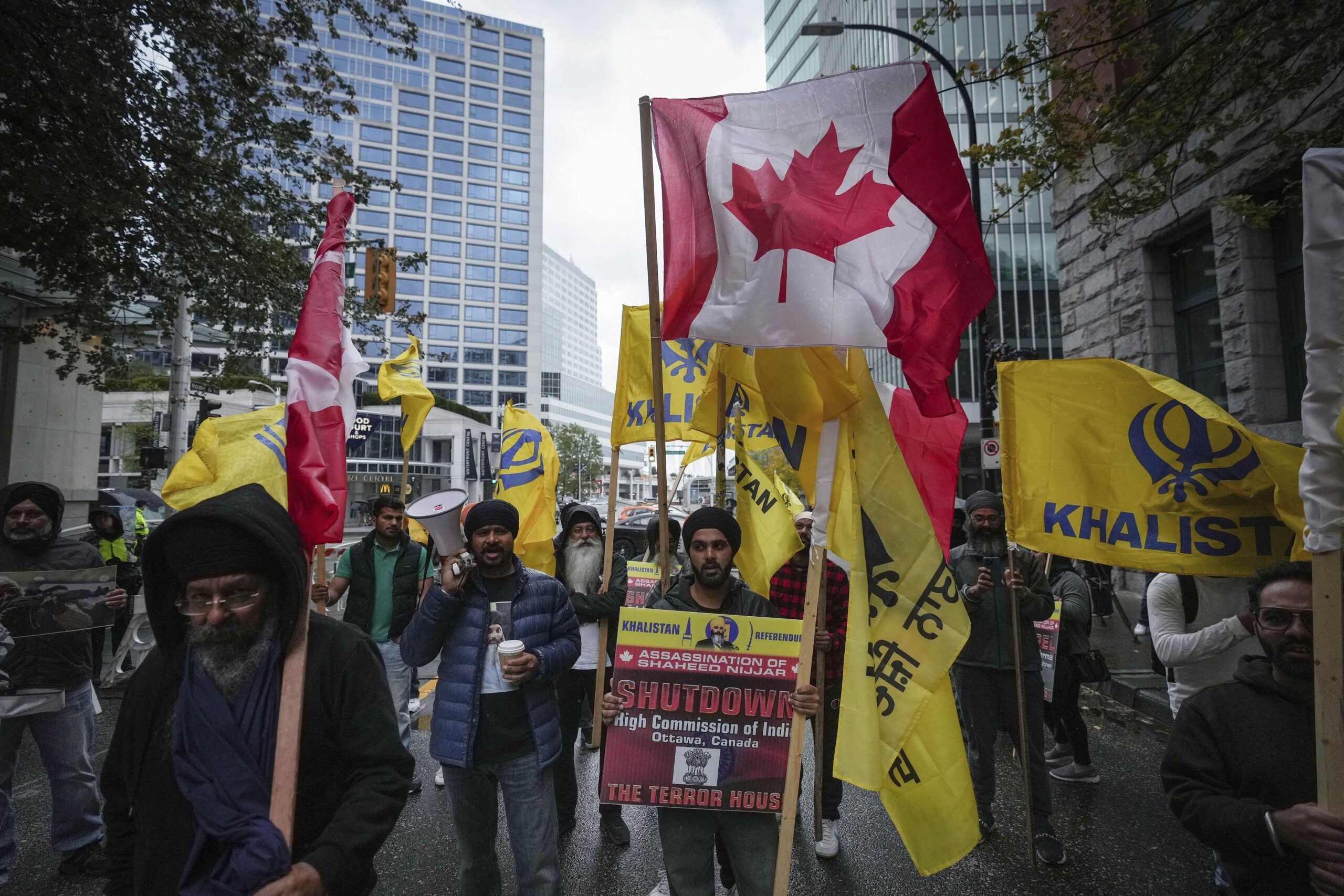Now Reading: Nepal’s Village That Switches Off Electricity for Months
-
01
Nepal’s Village That Switches Off Electricity for Months
Nepal’s Village That Switches Off Electricity for Months

In the remote hills of Nepal, there’s a small village that follows an unusual rule — it bans electricity for certain months of the year. This is not due to a lack of infrastructure or government neglect, but a tradition rooted in local beliefs and cultural practices. While the modern world chases 24/7 power supply, this community chooses darkness, believing it protects their way of life.
The ban usually takes place during specific agricultural or religious periods. Elders say it helps maintain harmony with nature, reduces unnecessary distractions, and keeps the focus on farming and rituals. For them, electricity is seen as a disruptor during these sacred times, bringing noise, entertainment, and late-night activities that could disturb the balance of village life.
The rule is followed collectively. Even households with solar panels or generators turn them off to respect the custom. In a way, this pause from modern convenience brings the community closer — evenings are spent talking, sharing stories, or simply watching the stars. It also saves energy costs and reduces the pressure on limited resources.
Visitors often find it unusual, even inconvenient, but for locals, it’s a reminder of who they are and where they come from. While change is slowly seeping into younger minds, the tradition still holds strong, showing that not all progress is measured by how brightly the lights shine.
Would you like me to also prepare a more curiosity-driven version of this for Orange City Times so it hooks more readers from the headline itself?

























